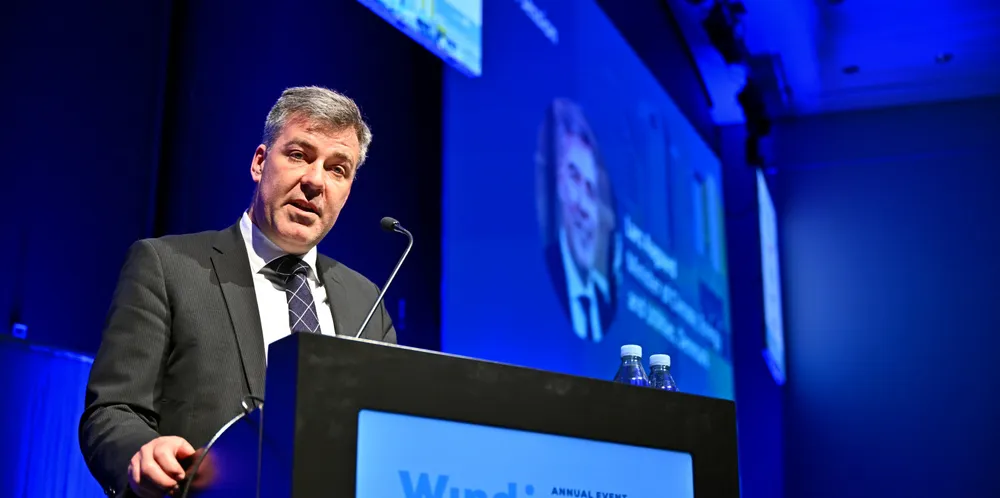North Sea nations team up to protect offshore renewables in times of 'Russian aggression'
UK, Germany and four other countries sign cooperation agreement

The UK, Germany and four other countries surrounding the North Sea have signed an agreement to strengthen their cooperation in protecting critical marine infrastructure such as power cables, gas pipes or offshore renewable energy plants.
An increasing mutual dependence across borders has arisen, and with it an increased risk of sabotage and unwanted attention from hostile actors, Denmark’s climate and energy ministry said.
“The North Sea has the potential to become Europe's green power plant,” Danish climate, energy and supply minister Lars Aagaard said.
“For the benefit of the climate and for Europe's security of energy supply at a time when Russia's aggression has put a thick line under the fact that supply policy is also security policy."
As underwater infrastructure is connected across sea borders, there is a clear need for a common regional approach, the ministry added.
The partner countries, also including Norway, Belgium and the Netherlands, intend to review current protection and security measures, share information and knowledge, and report relevant information at an operational level.
The cooperation is also based on relevant work tracks within the EU and NATO, the Danish ministry said.
“We have strong cooperation across countries in the EU, and not least the North Sea, on the development of renewable energy,” Aagaard said.
“It is absolutely essential that we cooperate to protect critical infrastructure across national borders. A strengthened collaboration on sharing important information is an important step in that direction.”
Ministers and Nato to meet in Vilnius on Baltic Sea security
"The war in Ukraine and the incidents in the energy infrastructure of the Baltic Sea once again showed the necessity of cooperation in strengthening the security and resistance of energy facilities at sea to both physical and cyber threats,” Lithuanian energy minister Dainius Kreivys said.
“In addition, the potential of offshore wind in the Baltic Sea opens up great opportunities for the development of innovations, so we already have negotiations with the neighbours of the Baltic Sea on a common vision of offshore wind, including the development of joint connections, power grids and energy islands in the Baltic Sea.”
The event will also be attended by David van Weel, the deputy secretary general of Nato for innovation, hybrid and cyber security, officials of the EC Energy Directorate, and developers of offshore wind energy.
(Copyright)